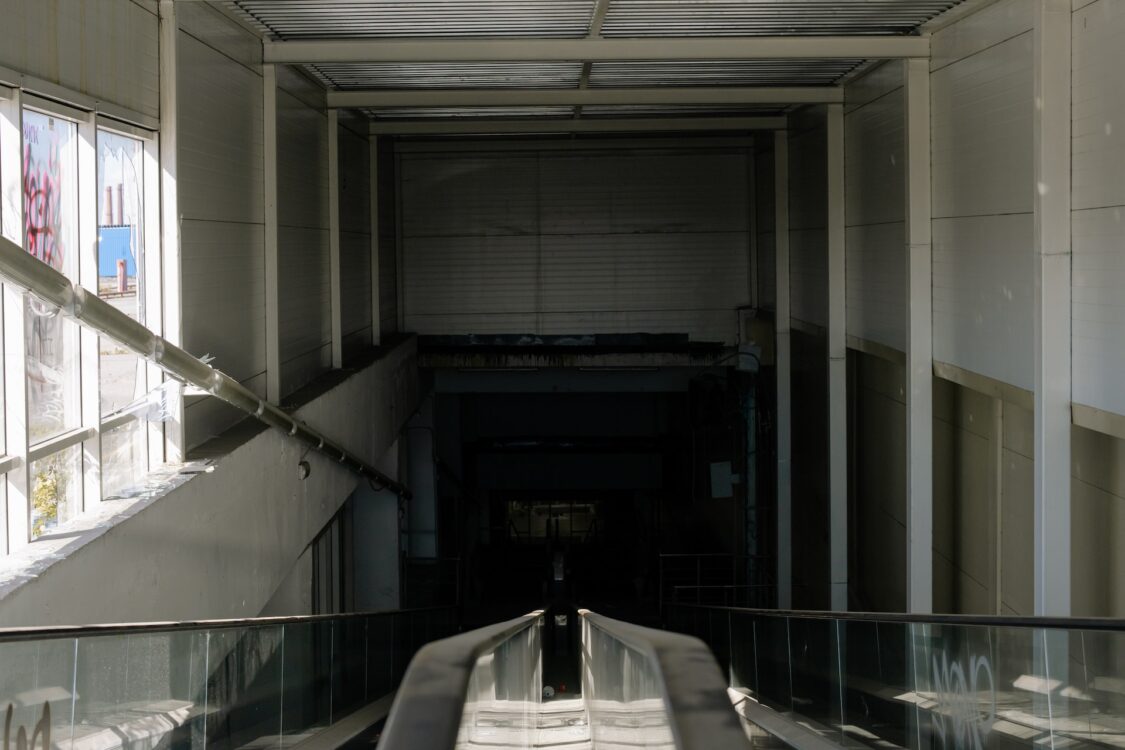Apartment complexes are not just places where people live; they are communities that require careful management to assure the safety of residents. Compliance is a crucial aspect of managing apartment complexes. It involves adhering to rules, regulations, and standards set by governing bodies and organizations. Here are five compelling reasons why apartment complexes must prioritize compliance.
1. Legal Obligations
Apartment complexes are subject to various laws and regulations at local, state, and federal levels. Compliance with these legal obligations is essential to avoid legal repercussions and potential liabilities. By maintaining compliance, apartment complex management can ensure that the property operates within the boundaries of the law. This not only safeguards the interests of residents but also protects the reputation and financial stability of the complex.
2. Tenant Safety and Security
One of the primary responsibilities of apartment complex management is to provide a safe and secure living environment for residents. Compliance plays a crucial role in achieving this objective. By adhering to safety codes, fire regulations, and security measures, apartment complexes can significantly reduce the risk of accidents, injuries, and criminal activities.
3. Environmental Sustainability
As environmental concerns continue to grow, apartment complexes must prioritize compliance with environmental regulations and sustainable practices. By doing so, apartment complexes can reduce their carbon footprint, minimize resource consumption, and contribute to a healthier and more sustainable future. Some of the ways apartment complexes can demonstrate their commitment to environmental responsibility include implementing energy-efficient appliances, utilizing renewable energy sources, promoting recycling programs, and incorporating green spaces.
4. Good Reputation and Resident Satisfaction
Compliance goes hand in hand with a good reputation and resident satisfaction. When apartment complexes prioritize compliance, it showcases their commitment to upholding high standards and ensuring residents’ safe, secure, and comfortable living environments. Residents are more likely to feel valued and satisfied when they know the management takes compliance seriously. This, in turn, leads to increased resident retention, positive word-of-mouth recommendations, and a higher demand for units within the complex.
5. Access to Insurance and Financing
Insurance companies and financial institutions often require apartment complexes to meet specific compliance standards before providing coverage or financing. Compliance ensures that the property is adequately maintained, reducing the risk of incidents that could result in insurance claims. Lenders and investors also prefer working with apartment complexes with a strong compliance track record, as it demonstrates responsible management and reduces potential risks.
Apartment complexes can access better insurance coverage at more competitive rates by having proper compliance measures. They can also secure favorable financing terms to benefit property improvements, upgrades, and expansion plans. Therefore, compliance reduces potential financial risks and opens up opportunities for growth and development.
In conclusion, compliance is an integral part of effectively managing apartment complexes. By recognizing the importance of compliance and actively implementing measures to achieve it, apartment complex management can create a thriving community that meets the needs of residents while maintaining a successful and sustainable business. To help you ensure compliance and manage your apartment complex successfully, reach out to a compliance professional who can assist you.



